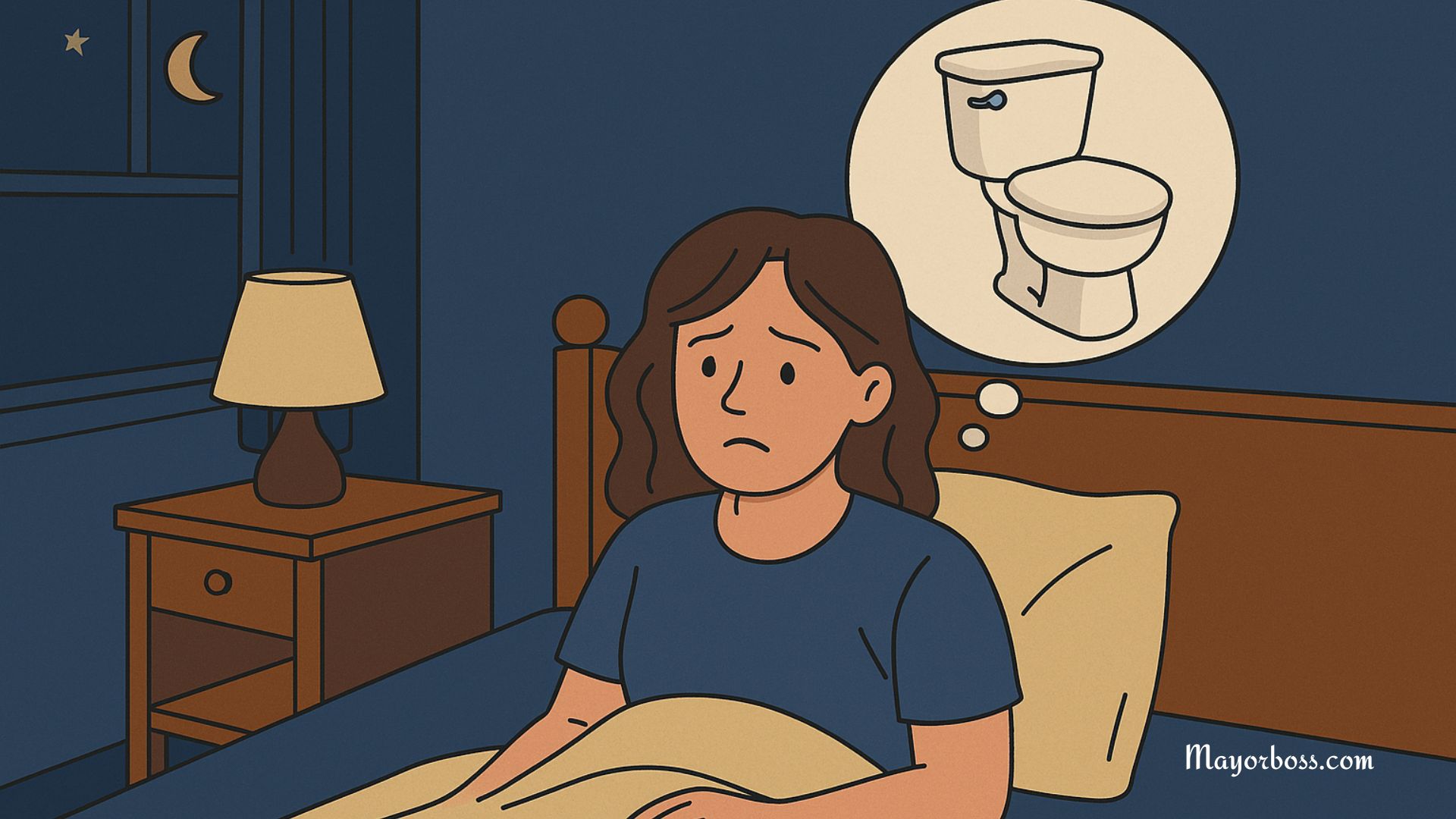Do You Ever Wake Up And Can’t Move? Here’s Why!
Have you ever found yourself waking up from sleep, fully conscious but unable to move or speak? It’s a terrifying experience, but you’re not alone. This phenomenon is generally known as sleep paralysis, and it occurs in many people around the world. Let’s break down what sleep paralysis is, why it happens, and what you can do about it.

What is Sleep Paralysis?
Sleep paralysis is a condition where, upon waking up or falling asleep, a person is unable to move or speak for a short period. Typically, these episodes last from a few seconds to a couple of minutes. During this time, you might feel a heavy weight on your chest or even sense a sinister presence in the room. Despite how frightening it feels, sleep paralysis is generally considered harmless.
Why Does Sleep Paralysis Happen?
The main reason sleep paralysis occurs has to do with how your brain cycles through the stages of sleep. During the rapid eye movement (REM) stage, your brain is highly active, and dreams are most vivid. Your body naturally paralyzes itself to prevent you from acting out your dreams. Sometimes, you might wake up before the REM cycle is complete, finding yourself aware yet still in a paralyzed state.
Additionally, certain factors increase the likelihood of experiencing sleep paralysis:
- Irregular Sleep Schedules: Not sticking to a consistent sleep schedule can disrupt your natural sleep cycle.
- Sleep Deprivation: Lack of sleep can trigger episodes of sleep paralysis.
- Stress and Anxiety: High-stress levels can impact your sleep quality and frequency of sleep paralysis episodes.
- Sleeping on the Back: For reasons not fully understood, people who sleep on their backs report higher instances of sleep paralysis.
Can You Prevent Sleep Paralysis?
While not all cases of sleep paralysis can be prevented, there are steps you can take to reduce the frequency of episodes:
- Maintain a Regular Sleep Schedule: It means going to bed and waking up at the same time every day to help regulate your sleep cycle.
- Create a Comfortable Sleep Environment: Ensure your sleeping area is quiet, dark, and comfortable temperature.
- Limit Caffeine and Alcohol: Both can disrupt your sleep patterns, especially when consumed in the hours leading up to bedtime.
- Manage Stress: Techniques such as meditation, deep breathing, or yoga can help lower your stress levels.
When Should You Seek Help?
If sleep paralysis occurs frequently and impacts your overall well-being, it might be time to consult a doctor. Especially if you experience severe anxiety about going to sleep or it’s affecting your day-to-day life, professional advice can provide you with strategies to manage or reduce episodes.
Frequently Asked Questions
- Is sleep paralysis dangerous? Sleep paralysis itself is not harmful, but it can be a frightening experience. It doesn’t cause physical damage to the body.
- Can everyone experience sleep paralysis? Yes, most people can experience sleep paralysis at least once in their lifetime. However, some individuals may be more prone to it due to genetic factors or underlying conditions.
- Does sleep paralysis mean I have a sleep disorder? Not necessarily. While sleep paralysis can be a symptom of disorders like narcolepsy, most people who experience it do not have any sleep disorder.






